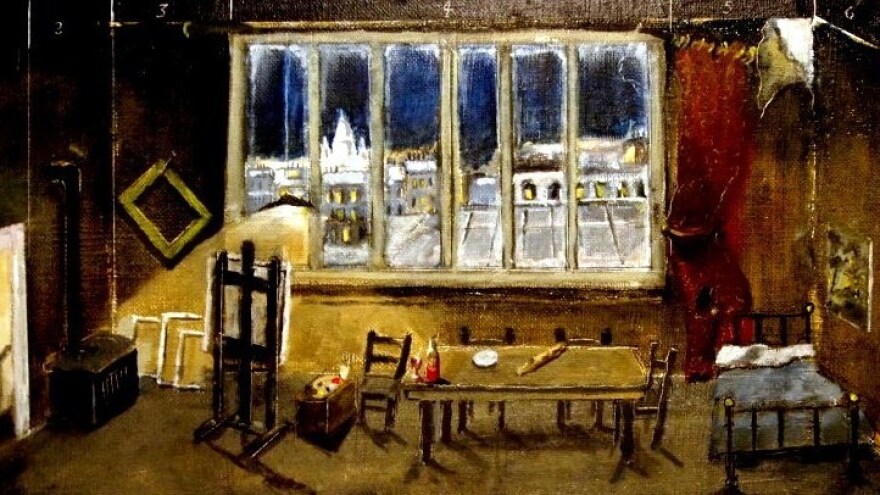The first opera to reveal Puccini's true genius was 1896's La Boheme. The composer's imaginative treatment of character and situation, his sure instinct for dramatic and comic effects, and above all his radiant, supremely expressive musical portraiture have helped make La Boheme one of the world's most popular operas.
Based on Henri Muger's autobiographical novelette about the lives of a group of impoverished artists in mid-19th-century Paris, the opera possesses one of those delightful librettos that move at lightning speed and seem almost to have been written by the characters themselves.
The plot revolves around two pairs of lovers: The poet Rodolfo and the seamstress Mimi are the central, more serious pair, while the painter Marcello and his flamboyant sweetheart Musetta provide a comic foil.
La Boheme straddles the divide between comedy and tragedy, and its music has a distinctively bittersweet quality. The score shows Puccini in the full flower of genius.
Beecham's Serendipitous Boheme
In 1956, English conductor Thomas Beecham happened to be in New York with time on his hands, and sort of on a hunch, the EMI folks said, "Let's make a recording." It could only have happened in New York, and probably only in the 1950s.
The results really do speak for themselves: experience, love of the music and the kind of harmony among the participants — the great tenor Jussi Bjorling, soprano Victoria de los Angeles and baritone Robert Merrill — that is rare on the stage, and especially rare in recordings.
To hear last week's feature, click here.
For a full archive of NPR's Classical 50, click here.
Copyright 2023 NPR. To see more, visit https://www.npr.org.






